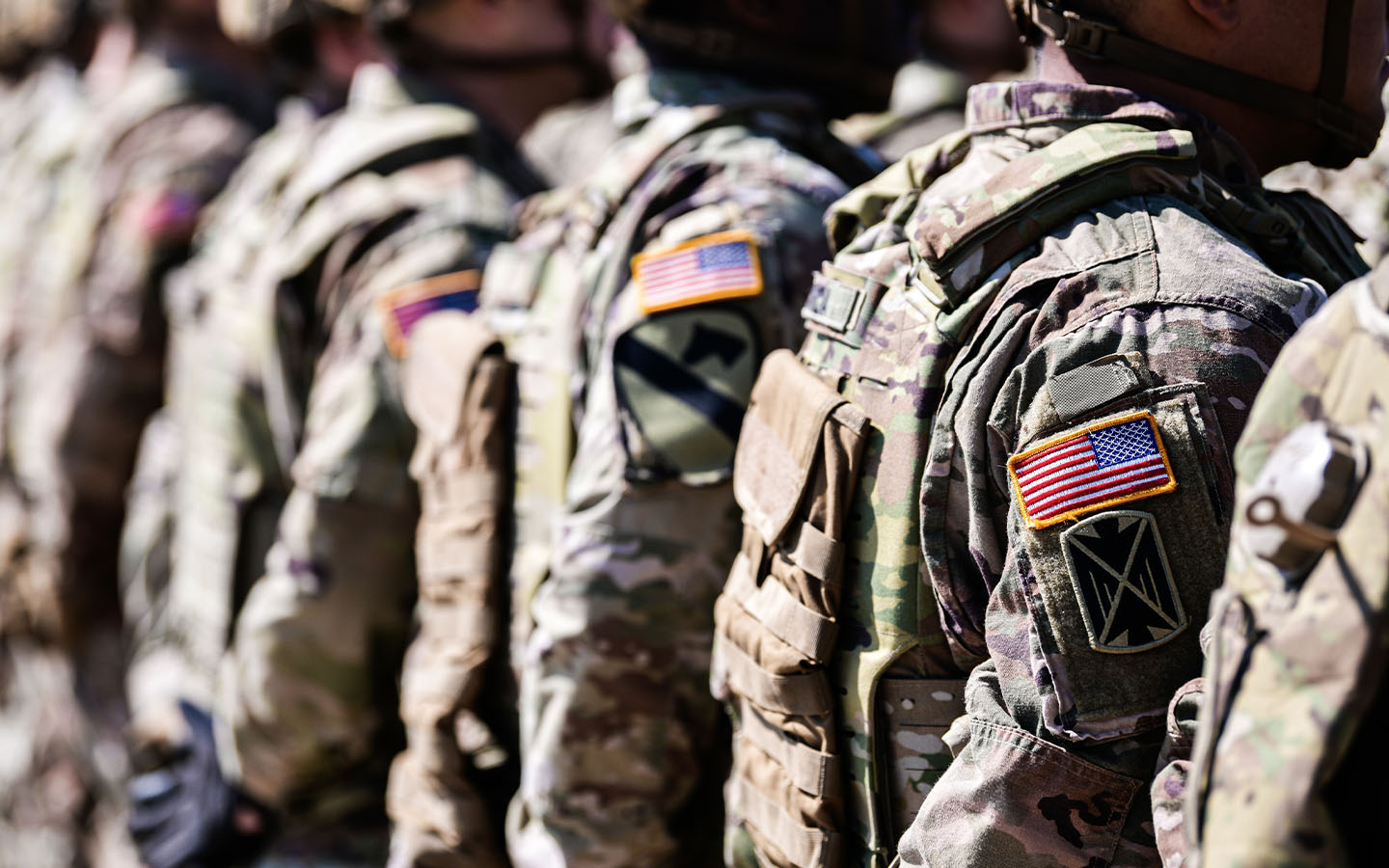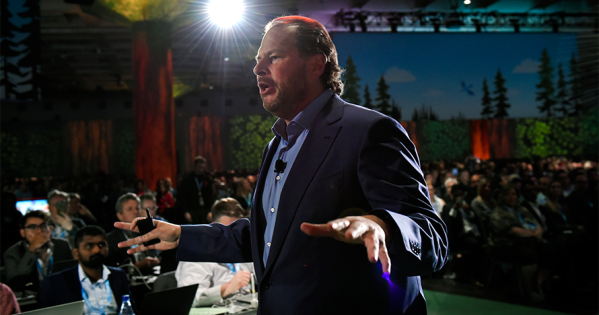Copyright macaonews

The US Army has pulled guidance from a website directing soldiers to food banks and food-sharing facilities during the government shutdown after reporting sparked a social media debate. Within a day of Euronews breaking the story that the US Army was advising soldiers in Germany to go to food banks, the list of local food assistance resources was removed from the US Army Garrison Bavaria website, although archived versions remain. A statement from US Army Europe and Africa, published by US military publication Stars and Stripes, said the list was “created weeks ago when the US Army was concerned that its German employees might not be getting paid during the lapse in appropriations, which could have caused them to need temporary assistance.” While the White House was able to pay active-duty military in October and early November using funds cobbled together from other Pentagon programmes, US Treasury Secretary Scott Bessent told CBS News that service members “will no longer be able to receive pay” as of 15 November. The approximately 37,000 US soldiers stationed in Germany represent a fraction of the 1.3 million active-duty military personnel and over 750,000 National Guard and reserve personnel required to continue serving through a government shutdown. [See more: US–Macao business reception postponed amid Washington funding freeze] At least 1.4 million federal employees, furloughed or working without pay during the shutdown, have not received the same relief as their military counterparts. Shutdowns are an increasingly common feature of American politics, although most are short lived. The current government shutdown entered its 36th day on Tuesday, becoming the longest on record with no clear signs of resolution. It began 1 October, after the Democrat minority refused to vote for the federal budget until full funding for ACA healthcare subsidies was extended. Enhanced subsidies doubled enrolment in the programme to 24 million, and given the geographic concentration of that growth, the discontinuation supported by Republicans will disproportionately impact their own voters. Democrats, revitalised by wins up and down the ballot on Tuesday, hope to translate those victories into leverage to end the shutdown on their terms. President Donald Trump continues to pressure his party to end the shutdown by force, invoking the so-called nuclear option. If Republicans do so, the cost of the average healthcare premiums will more than double, likely forcing millions of already cash-strapped enrolees out of the programme and undermining healthcare resources, particularly in rural communities dominated by Republicans.



